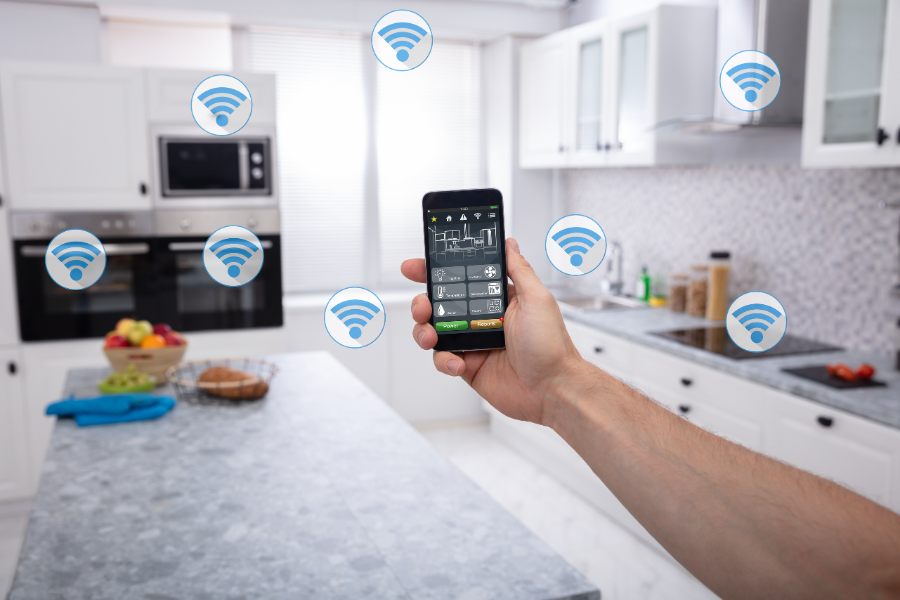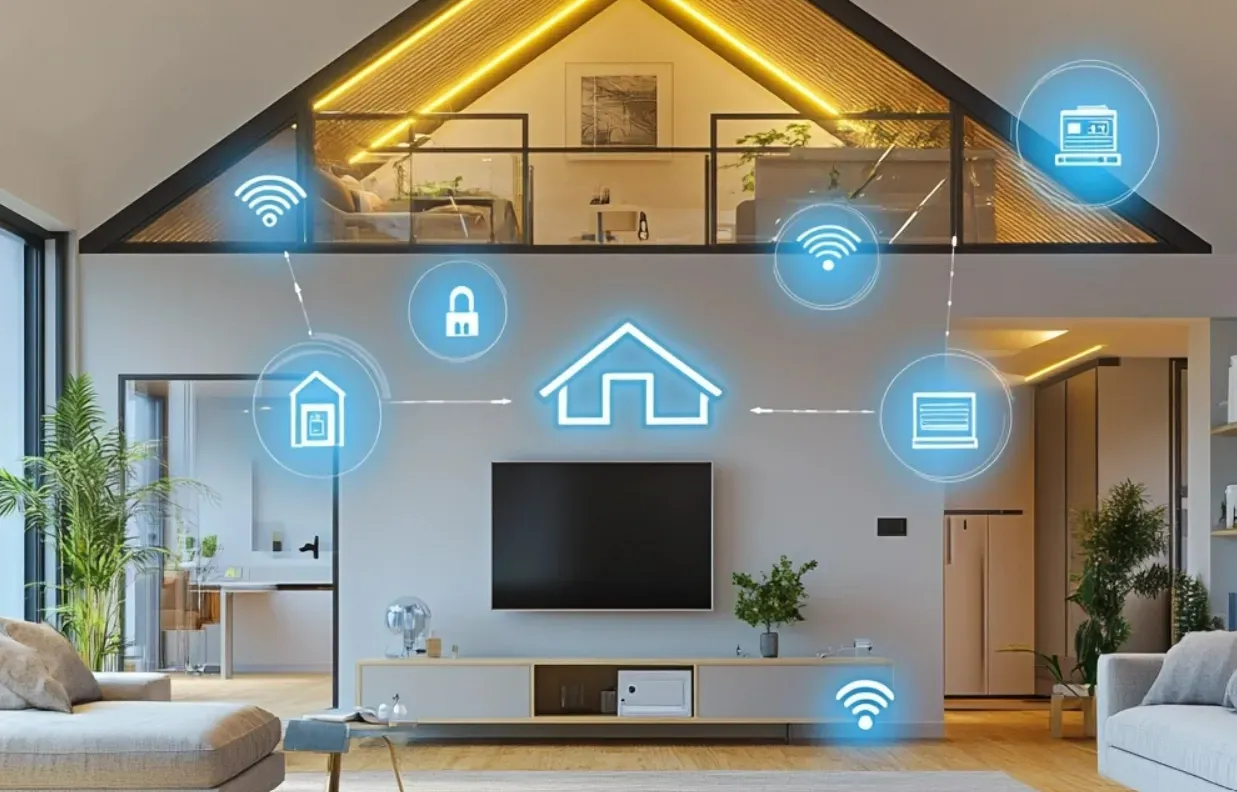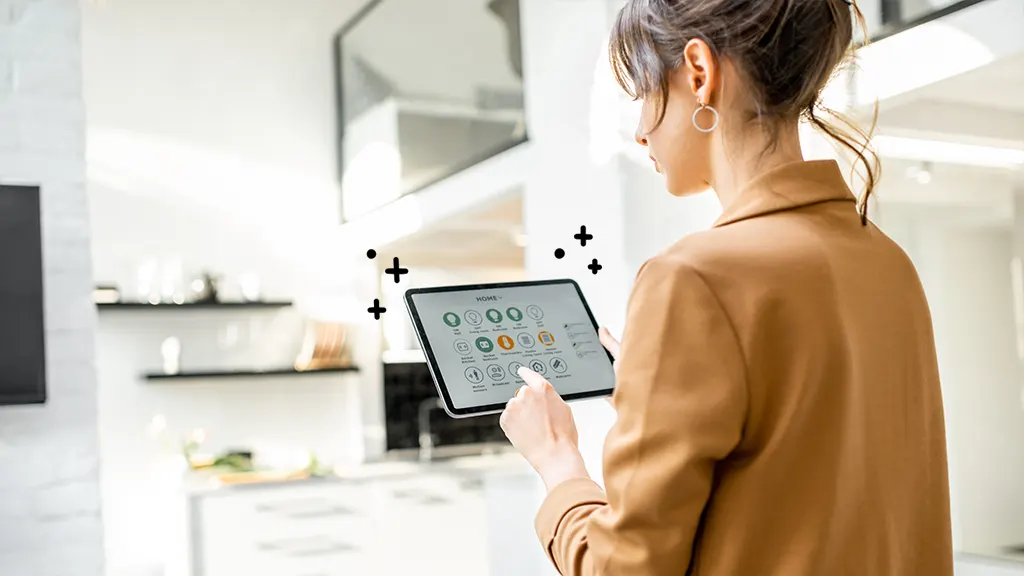
Smart Lighting Solutions for Modern Homes: A Comprehensive Guide
The world of smart lighting solutions is rapidly evolving, providing homeowners with innovative ways to enhance their living spaces. With the advent of technology, smart lighting has become an integral part of home automation, offering convenience, energy efficiency, and improved ambiance. In this guide, we’ll explore the various aspects of smart lighting and how it can transform your home.

Understanding Smart Lighting
Smart lighting solutions involve the use of intelligent lighting systems that can be controlled remotely through smartphones, tablets, or voice-activated devices. These systems allow users to adjust brightness, color, and even the schedule of lights to suit their preferences.
The Benefits of Smart Lighting
- Energy Efficiency: Smart lighting uses LED technology, which consumes less energy compared to traditional bulbs.
- Convenience: Control your lighting from anywhere, whether you’re at home or away.
- Customization: Tailor the lighting to match your mood or activities.
Types of Smart Lighting Solutions
Smart Bulbs
Smart bulbs are the simplest form of smart lighting. They can be installed in existing fixtures and controlled via a mobile app or voice commands.
Smart Light Strips
Light strips are flexible and can be placed under cabinets, behind TVs, or along staircases to create unique lighting effects.
Smart Switches
Smart switches replace traditional light switches, allowing you to control standard bulbs with smart technology.
Integrating Smart Lighting with Home Automation
Smart lighting can be seamlessly integrated with other smart home devices. Platforms like Home Assistant offer extensive support for smart lighting integration.
Voice Control
Use voice assistants like Alexa or Google Assistant to control your lights hands-free.
Scheduling and Automation
Set schedules for your lights to turn on/off at specific times or create automation rules based on your lifestyle.
Choosing the Right Smart Lighting Solution
When selecting a smart lighting solution, consider factors such as compatibility with existing systems, ease of use, and the range of features offered.
Budget Considerations
Smart lighting options are available for various budgets, from affordable smart bulbs to high-end systems with advanced features.
Compatibility
Ensure the smart lighting system you choose is compatible with your existing smart home devices.
Installation and Setup
Most smart lighting systems are designed for easy installation. Follow the manufacturer’s instructions or consider professional installation for more complex setups.
DIY Installation
Many smart lighting solutions are user-friendly and can be set up in minutes.
Professional Installation
For larger or more integrated systems, professional installation may be recommended.
Future Trends in Smart Lighting
The future of smart lighting looks promising, with advancements in automation, energy efficiency, and integration with other smart devices.
Energy Harvesting
Future smart lighting systems may harness energy from the environment, further reducing energy consumption.
Advanced AI Integration
Artificial intelligence will play a significant role in making lighting systems more intuitive and adaptive to user needs.
Conclusion
Smart lighting solutions offer a dynamic and efficient way to enhance your home. By integrating technology with lighting, you can create a more comfortable, energy-efficient, and aesthetically pleasing living environment. Consider exploring options like smart home advantages to further enhance your home automation experience.

FAQ
What are the main benefits of smart lighting solutions?
The main benefits include energy efficiency, convenience, and customization of lighting settings.
Can I integrate smart lighting with other smart home devices?
Yes, smart lighting can be integrated with other devices like voice assistants and home automation platforms.
Is professional installation necessary for smart lighting?
It depends on the complexity of the system. Many smart lighting solutions are designed for easy DIY installation, but professional help may be needed for more complex setups.
This article contains affiliate links. We may earn a commission at no extra cost to you.